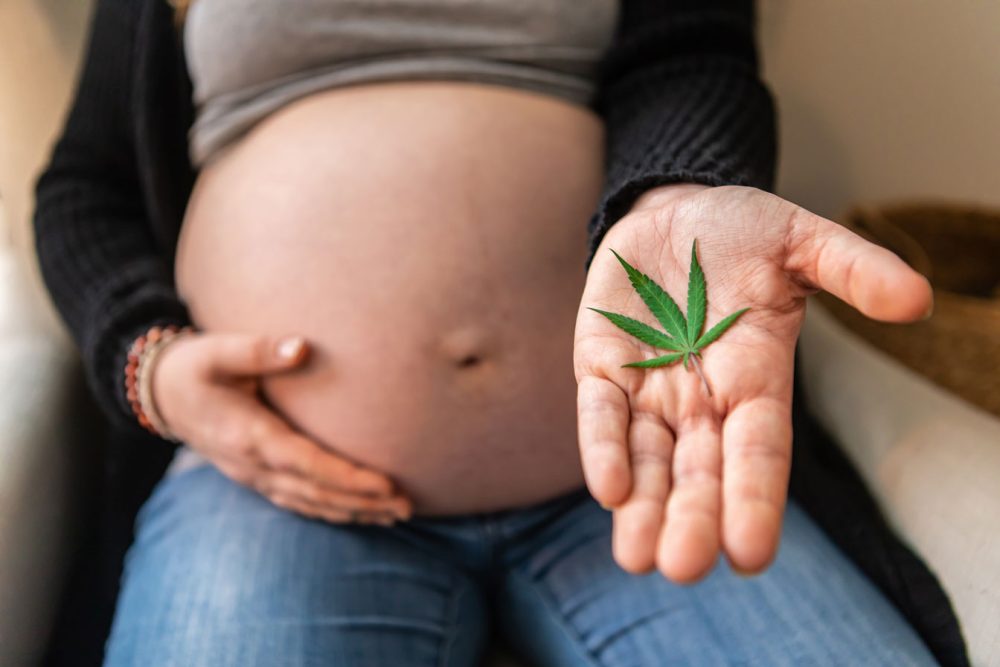Advertisment
Cannabis raises risk of adverse outcomes in pregnancy

A study of data from over 9.000 pregnancies in the U.S. indicates that cannabis exposure during pregnancy is associated with a composite of unhealthy pregnancy outcomes, especially low birth weight.
The investigators also found that higher exposure is associated with greater risks.
The findings were published on Dec. 12, 2023 in JAMA/Journal of the American Medical Association.
“Cannabis use is not safe,” said author Robert Silver, M.D., proofessor of obstetrics and gynecology at University of Utah Health in Salt Lake City. “It increases the risk of pregnancy complications. If possible, you shouldn’t use cannabis during pregnancy.”
As background to the study, author Torri Metz, M.D., vice chair of research of obstetrics and gynecology at University of Utah Health added, “There’s so much information out there—discussion and social media channels and on the Internet—about cannabis use and pregnancy, I think it’s hard for patients to understand what they should be worried about, if anything.”
In order to obtain exact results not based on the memory of the subject, cannabis exposure was determined by urine immunoassay of frozen stored urine samples obtained from study visits during the pregnancy gestational age windows of 6 weeks and 0 days to 13 weeks and 6 days (visit 1); 16 weeks and 0 days to 21 weeks and 6 days (visit 2); and 22 weeks and 0 days to 29 weeks and 6 days (visit 3).
The researchers confirmed any positive results with liquid chromatography tandem mass spectrometry.
They defined exposure as during the first trimester only or as ongoing exposure (beyond the first trimester).
The investigators enrolled 10,038 subjects, and 9,257 were determined to be eligible for this analysis.
The primary composite outcome included small-for-gestational-age birth, medically indicated preterm birth, stillbirth and hypertensive disorders of pregnancy.
The investigators reported that cannabis exposure was associated with a 1.5-fold increase in risk of the primary composite outcome. They found that 26% of cannabis-exposed subjects had an unhealthy pregnancy outcome, versus 17% of unexposed subjects.
Prior to final analysis, the data had been adjusted for sociodemographic characteristics, body mass index, medical comorbidities, and active nicotine use.
Notably, the investigators also found that ongoing cannabis exposure over the course of pregnancy associated with higher risk of an unhealthy pregnancy outcome.
The authors concluded, “In this multicenter cohort, maternal cannabis use ascertained by biological sampling was associated with adverse pregnancy outcomes related to placental dysfunction.”





